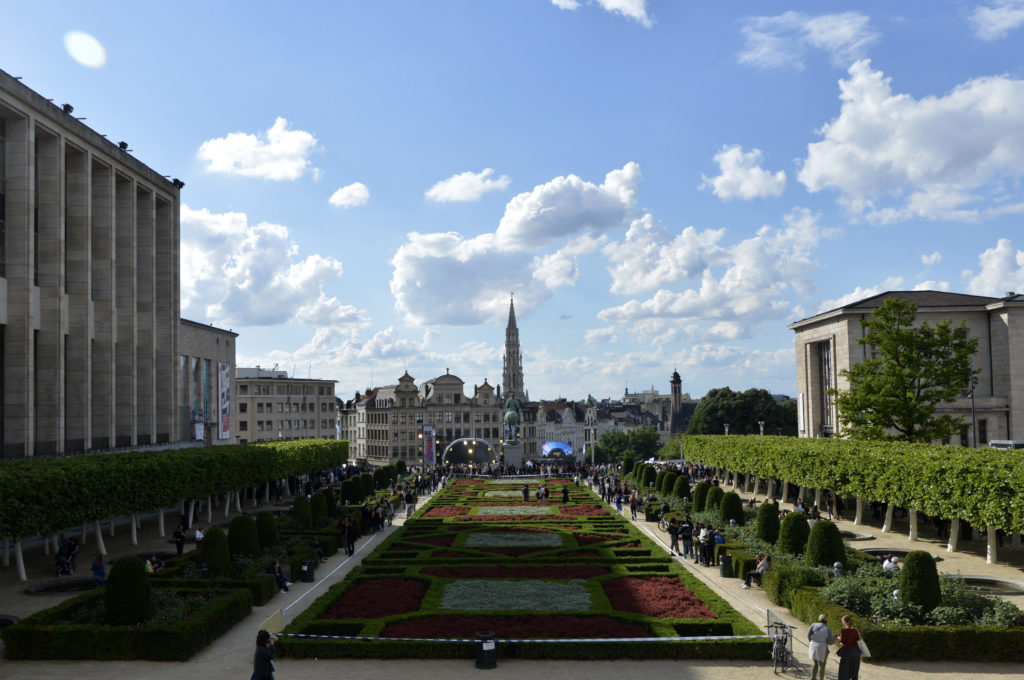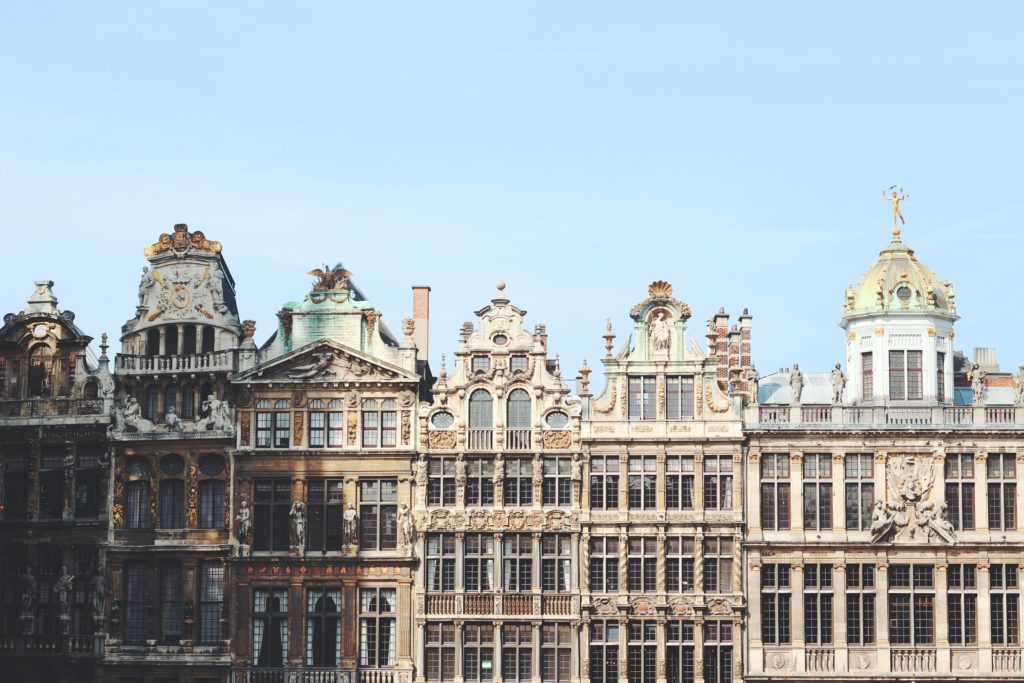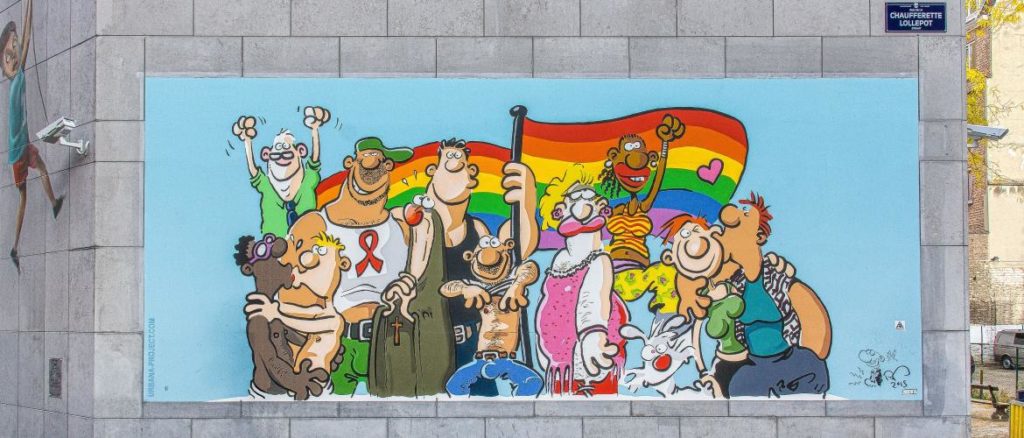Brussels Capital Region

Description of the city
The Brussels-Capital Region is made up of 19 municipalities, including the city of Brussels. However officially bilingual (French-Dutch), its 1.2 million inhabitants mainly use French as a common language.
The region is home to many foreigners – of more than 160 nationalities –, on the one hand because of the presence of the European institutions and NATO, on the other hand because of its long history of integrating people who have migrated for various reasons.
The Brussels-Capital Region harbours a diverse and intersectional LGBTQI+ community, which contributes to a rich cultural life. Brussels is also known the world over for the richness of its architectural and artistic heritage. In addition it has some fine green spaces in the form of parks and the nearby Forêt de Soignes.
Goal
The main goal of the Brussel-Capital Region’s LGBTQI+ policy is to expand equal opportunities for lesbians, gays, trans*, queer and intersex persons who live in our region. This goal is twofold: to work with civil society and raise awareness for LGBTQI+ issues, and to offer support for LGBTQI+ citizens facing discrimination on the grounds of sexual orientation, gender identity / expression, and sex characteristics.
Focus Areas
- Developing awareness-raising projects on the topics of LGBTQI+- phobia
- Acting as a dynamic partner in the Equalcities project, working on the topic of safe spaces for LGBTQI+ persons with a migrant background
- Strengthening the fight against LGBTQI+-phobic incidents (hate speech, discrimination and violence) and under-reporting.
- Providing training courses on LGBTQI+ issues for the Brussels police departments, in collaboration with the RainbowHouse.
- Providing financial support for projects developed by Brussels LGBTQI+ organizations
- Acting as an inclusive employer of LGBTQI+ staff


Partners
We collaborate with RainbowHouse Brussels and its many partner organizations. http://rainbowhouse.be/
At an institutional level we collaborate with the Belgian federal government, the municipalities of the Brussels-Capital Region, Unia ( Interfederal Centre for Equal Opportunities), the Institute for the Equality of Women and Men, the French Community Commission (COCOF), the Flemish Community Commission (VGC) and the Common Community Commission (COCOM).
